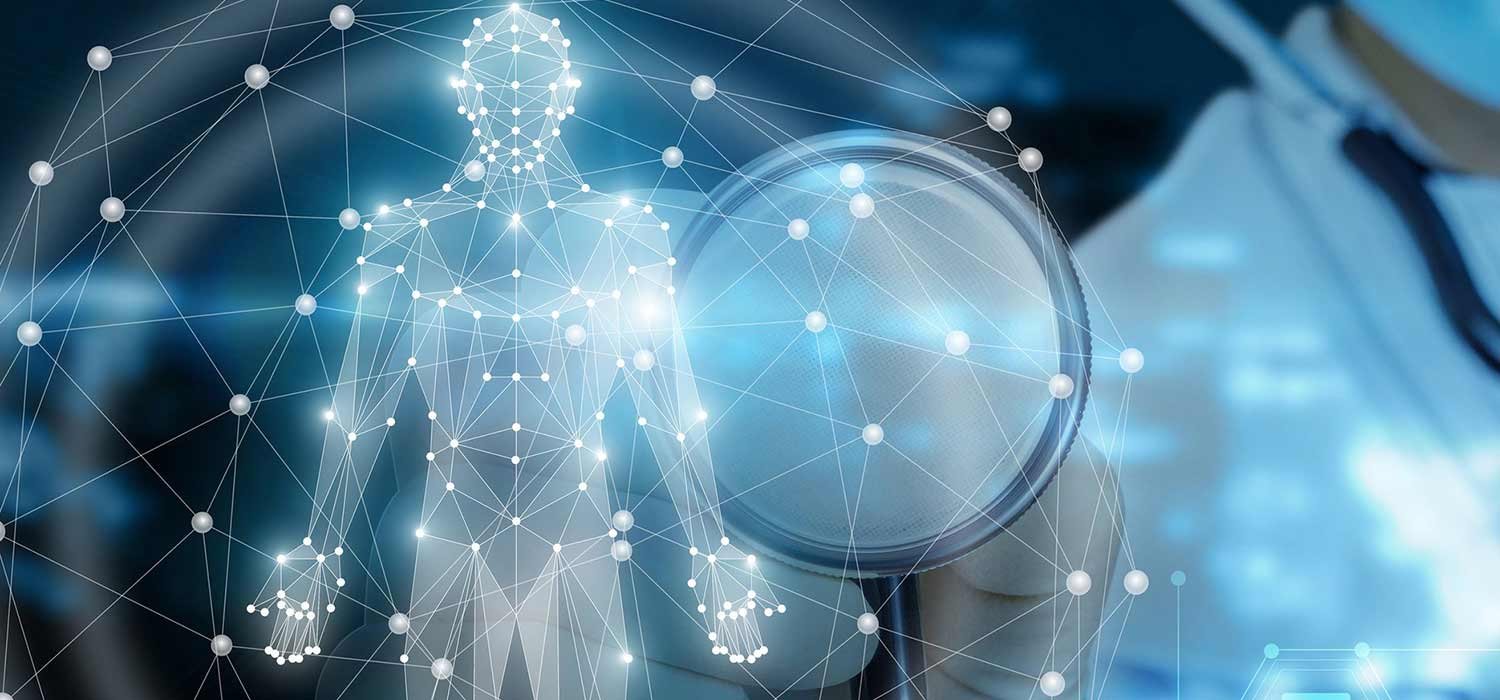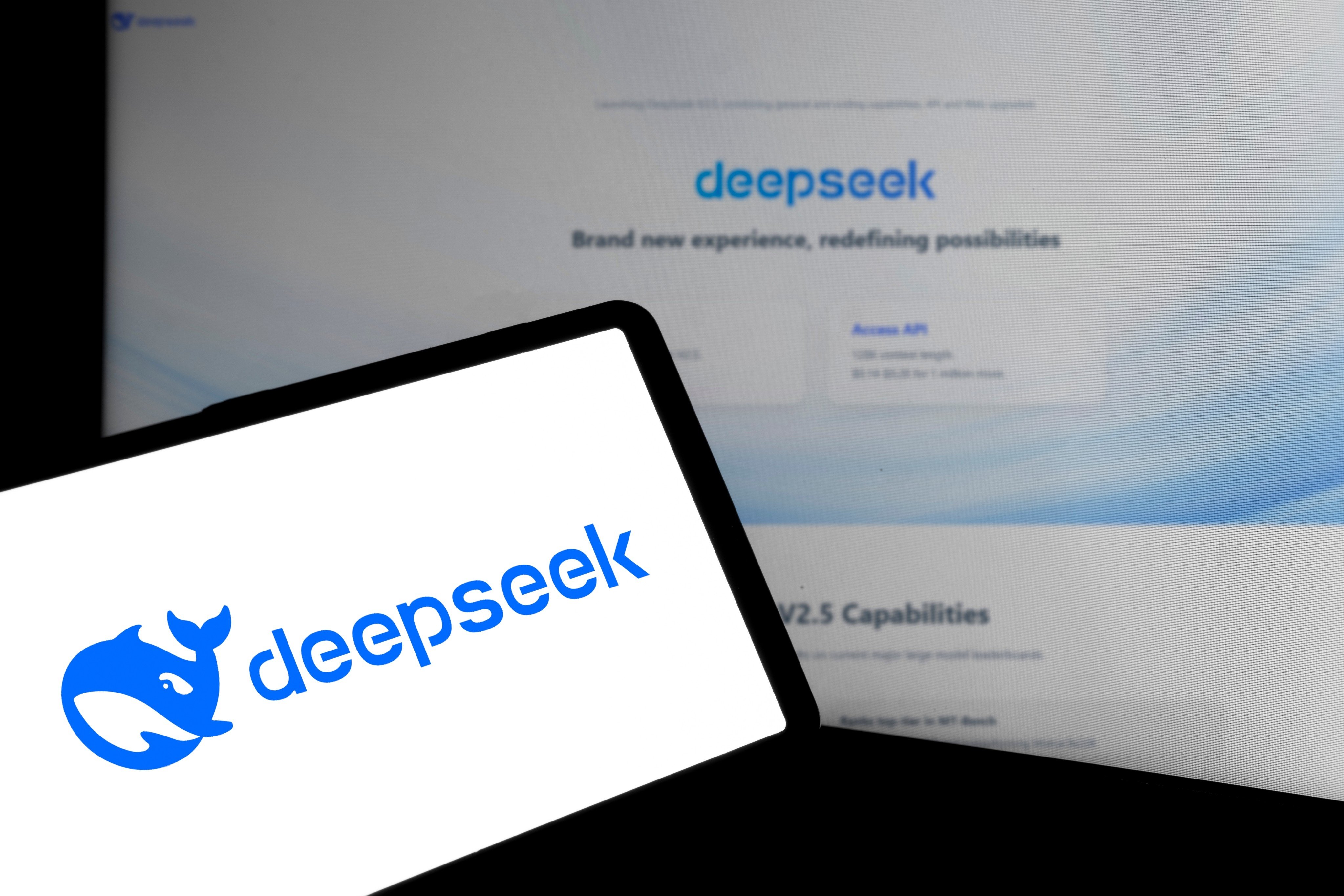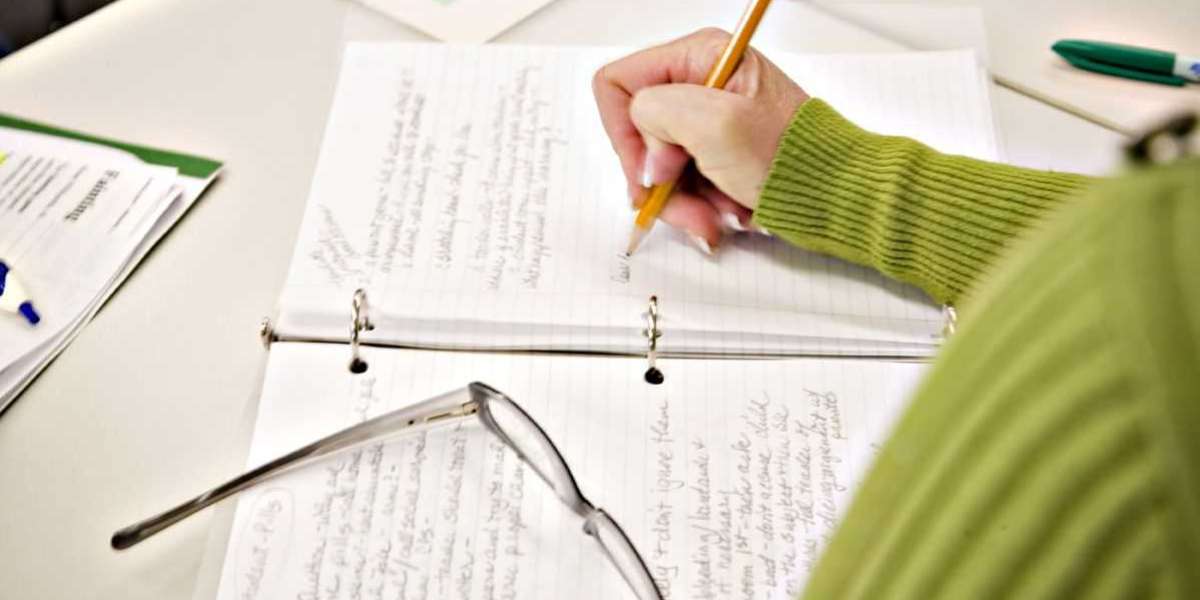Technology is changing our world at an astonishing speed! Its sweeping modifications can be found everywhere and they can be referred to as both thrilling, and at the exact same time scary. Although individuals in lots of parts of the world are still attempting to come to terms with earlier technological revolutions together with their sweeping social and instructional ramifications - which are still unfolding, they have been awoken to the truth of yet another digital transformation - the AI transformation.

Expert System (AI) innovation refers to the ability of a digital computer system or computer-controlled robotic to perform tasks that would otherwise have been performed by humans. AI systems are developed to have the intellectual procedures that identify humans, such as the ability to factor, discover meaning, generalize or learn from previous experience. With AI technology, huge quantities of information and text can be processed far beyond any human capability. AI can also be used to produce a vast variety of new content.

In the field of Education, AI technology features the possible to make it possible for new types of mentor, learning and academic management. It can also boost learning experiences and assistance teacher jobs. However, regardless of its favorable potential, AI also poses considerable risks to trainees, the teaching neighborhood, education systems and society at large.
What are a few of these dangers? AI can lower teaching and learning procedures to computations and automated jobs in manner ins which cheapen the role and impact of teachers and damage their relationships with learners. It can narrow education to only that which AI can process, design and provide. AI can also aggravate the worldwide lack of certified teachers through out of proportion spending on technology at the expense of financial investment in human capability advancement.
Making use of AI in education also develops some fundamental concerns about the capability of teachers to act purposefully and constructively in figuring out how and when to make judicious usage of this technology in an effort to direct their professional development, find services to obstacles they deal with and enhance their practice. Such essential concerns consist of:

· What will be the role of instructors if AI innovation end up being extensively executed in the field of education?
· What will assessments appear like?
· In a world where generative AI systems seem to be developing new capabilities by the month, forum.batman.gainedge.org what skills, outlooks and competencies should our education system cultivate?
· What changes will be needed in schools and beyond to help trainees plan and direct their future in a world where human intelligence and machine intelligence would seem to have become ever more closely linked - one supporting the other and vice versa?
· What then would be the function or function of education in a world dominated by Expert system technology where people will not necessarily be the ones opening brand-new frontiers of understanding and knowledge?
All these and more are intimidating concerns. They require us to seriously consider the concerns that arise relating to the implementation of AI innovation in the field of education. We can no longer simply ask: 'How do we prepare for an AI world?' We must go deeper: wiki-tb-service.com 'What should a world with AI look like?' 'What functions should this powerful technology play?' 'On whose terms?' 'Who chooses?'
Teachers are the primary users of AI in education, and they are expected to be the designers and facilitators of students' knowing with AI, the guardians of safe and ethical practice across AI-rich academic environments, and to act as good example for long-lasting discovering AI. To assume these obligations, instructors need to be supported to develop their abilities to leverage the potential advantages of AI while reducing its threats in education settings and wider society.
AI tools must never be designed to replace the legitimate responsibility of instructors in education. Teachers should remain accountable for pedagogical choices in using AI in mentor and in facilitating its uses by trainees. For teachers to be accountable at the practical level, a pre-condition is that policymakers, teacher education institutions and schools assume obligation for preparing and supporting instructors in the proper usage of AI. When introducing AI in education, legal securities must likewise be developed to secure instructors' rights, and long-lasting monetary dedications require to be made to ensure inclusive access by teachers to technological environments and standard AI tools as essential resources for adjusting to the AI era.
A human-centered technique to AI in education is critical - an approach that promotes key ethical and

useful principles to assist control and guide practices of all stakeholders throughout the entire life cycle of AI systems. Education, given its function to secure along with facilitate advancement and knowing, has a special commitment to be fully knowledgeable about and responsive to the risks of AI - both the recognized dangers and those only simply emerging. But too often the threats are overlooked. Making use of AI in education therefore requires careful factor to consider, consisting of an assessment of the progressing functions instructors need to play and the competencies required of instructors to make ethical and efficient usage of Artificial Intelligence (AI) Technology.
While AI provides chances to support instructors in both teaching along with in the management of finding out procedures, meaningful interactions between instructors and trainees and opentx.cz human thriving should remain at the center of the educational experience. Teachers ought to not and drapia.org can not be changed by innovation - it is crucial to secure instructors' rights and ensure appropriate working conditions for them in the context of the growing usage of AI in the education system, in the work environment and in society at large.








